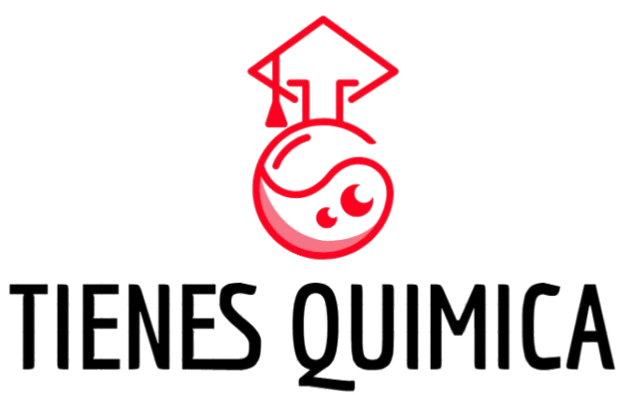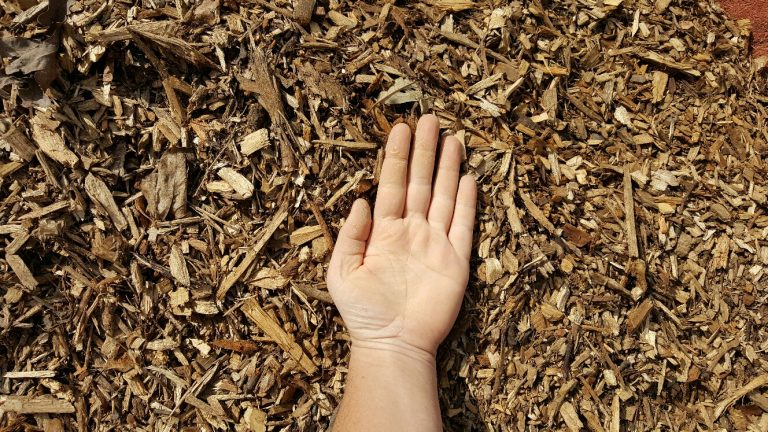
Physical rehabilitation can be a powerful tool for not only aiding an individual’s physical recovery, but for helping the entire family heal. Whether it’s an injury, illness, or disability, physical rehabilitation can be instrumental in helping the whole family cope, adjust and ultimately benefit from the healing process. In this article, we’ll explore how physical rehabilitation can benefit the entire family.
- Physical Rehabilitation for Injury and Illness:
When someone suffers an injury or illness, physical rehabilitation can be used to help that individual regain their physical strength and function. This can be especially helpful for families with an injured or ill family member, as physical rehabilitation can help them return to their normal activities and routines. Physical rehabilitation can also help the family adjust to the changes that often come with a loved one’s injury or illness, such as modifications to the home or lifestyle.

They typically involve a team of healthcare professionals, including physical therapists, occupational therapists, and medical doctors. The team works together to create a plan of care that includes specific exercises and activities that the individual can do to gain strength, improve range of motion, and increase function. Often, physical rehabilitation includes activities that are designed to help the individual return to their pre-injury or pre-illness level of activity.
- Benefits of Physical Rehabilitation for Disability:
Physical rehabilitation can also be beneficial for families with a disabled family member. Physical rehabilitation can help the individual learn how to use assistive devices, such as wheelchairs, walkers, and prostheses, as well as how to adapt to their disability. This can help the entire family become more comfortable with the disability and learn how to better support the individual going through physical rehabilitation. In addition to physical rehabilitation, many families also benefit from psychological support. Psychological support can help the family adjust to the changes that come with injury or illness, as well as provide them with the tools to better cope with the situation. Psychological support can also help the individual in rehabilitation gain a sense of control and motivation to stay on track with their therapy goals.
- Emotional Benefits of Physical Rehabilitation:
Physical rehabilitation can also be beneficial for the family’s emotional well-being. It can provide them with a sense of hope and optimism that their loved one can still lead an active and fulfilling life despite their disability or illness. Furthermore, physical rehabilitation can provide the family with a sense of support and connection, as they can work together to help the individual recover and adjust.
It can also help to reduce stress and anxiety, as the individual can gain a greater sense of control over their life. They can learn how to better manage their condition and develop strategies to improve their overall health. Additionally, physical rehabilitation can help to improve communication between the individual and their family, as they can better understand the challenges they are facing and how to best support them.
Conclusion:
Physical rehabilitation is an invaluable tool for not only helping an individual physically recover, but for helping the entire family heal and benefit from the process. Whether it’s an injury, illness, or disability, physical rehabilitation can provide the family with emotional support, hope and optimism, and can help them learn how to better support their loved one.







